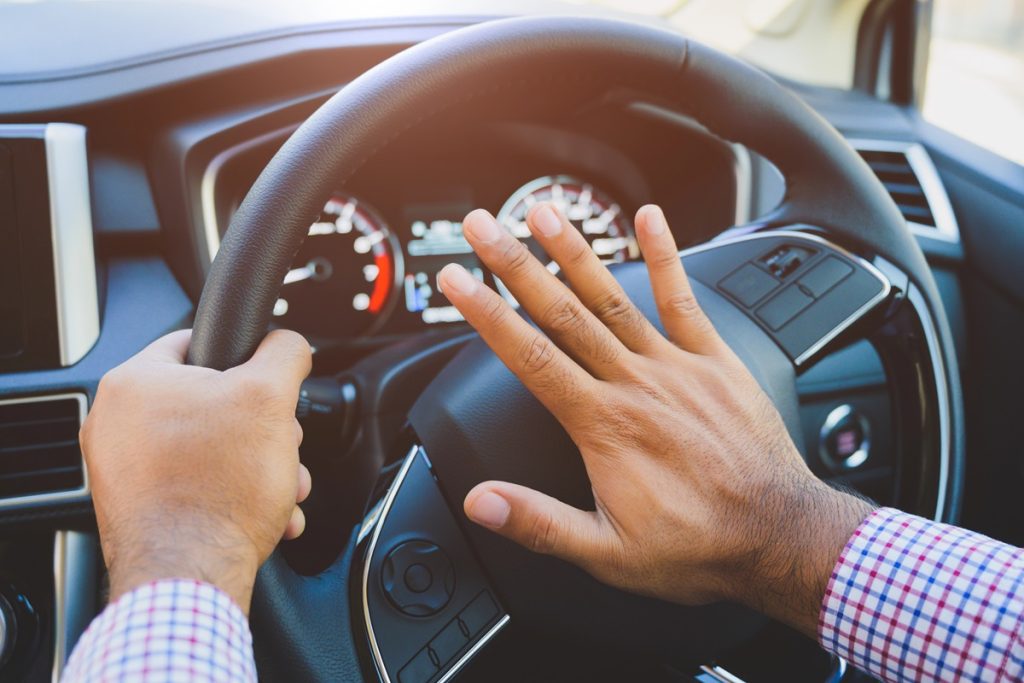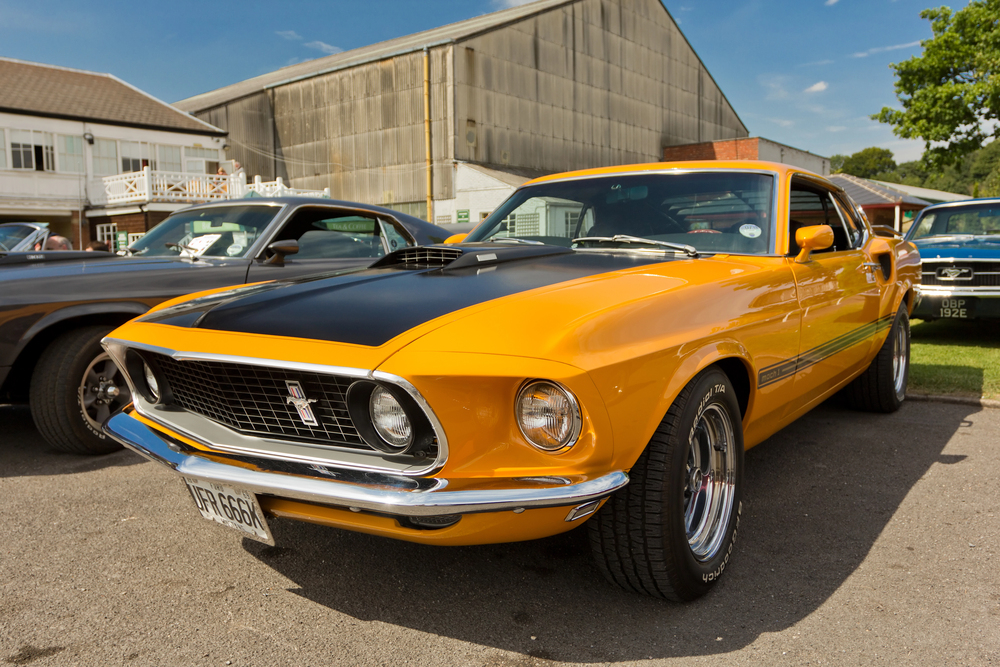Buying your first car is like stepping into adulthood with a set of wheels. It’s exciting, a little nerve wracking, and full of decisions that could make or break your budget. Should you go for that shiny new model or hunt for a well loved used gem? How do you avoid getting ripped off by hidden fees, bad loans, or a lemon disguised as a dream ride? Before you hand over your hard earned cash, let’s break down 15 must know car buying questions to help you cruise into ownership with confidence.
Should I Buy New or Used?

A new car offers reliability, warranty coverage, and modern features, but it depreciates quickly. A used car is cheaper upfront and loses value more slowly but may require repairs sooner. If you’re on a tight budget, a well maintained used car can be a smarter investment. Consider your long term costs and how much risk you’re comfortable with.
How Much Should I Budget for a Car?

Experts suggest spending no more than 15% of your monthly income on a car payment. Factor in insurance, maintenance, registration, and fuel to get a full picture of ownership costs. A lower monthly payment may seem appealing, but stretching your loan term can cost more in interest. Stick to what you can afford without financial strain.
Is it Better to Finance or Pay Cash?

Paying cash avoids interest and debt, making it the cheapest long-term option. Financing lets you get a car sooner, but you’ll pay more over time due to interest. If you finance, aim for the shortest loan term with the lowest interest rate. Choose based on your savings, income stability, and financial goals.
How Much Should I Put Down?

A 20% down payment on a new car and 10% on a used car is ideal. A larger down payment lowers your loan balance, monthly payments, and total interest paid. Some lenders accept lower down payments, but that increases your financial burden. Save up for a larger down payment if possible.
Related Post: These 12 Cars Are Appreciating Like Fine Wine – And Why You Should Consider Buying Now
What’s a Good Interest Rate for a Car Loan?

A good rate depends on your credit score, but anything under 5% is generally favorable. Excellent credit can secure rates as low as 2-3%, while lower scores may see 10% or higher. Shop around with banks, credit unions, and online lenders to find the best rate. A lower interest rate saves you money over the loan term.
Related Post: 13 SUVs Known for Holding Their Value and Staying on the Road for Over 200,000 Mile
Should I Get Pre-approved for a Loan?

Yes, pre-approval shows how much you can afford and gives you bargaining power at the dealership. It also protects you from high dealer financing rates and unnecessary add-ons. Compare offers from multiple lenders before making a decision. Pre-approval simplifies the buying process and helps you stick to your budget.
Related Post: The Secret History of Car Brand Logos: Hidden Meanings and Design Evolution
What Fees Should I Expect When Buying a Car?

Sales tax, registration, title, and dealer documentation fees can add thousands to the total cost. Some dealerships charge additional fees like destination and advertising charges, always ask for a breakdown. If fees seem excessive, negotiate or look elsewhere. Knowing these costs in advance prevents surprises.
Related Post: 13 Self-Healing Car Paint That it Finally Becoming a Reality?
What’s the Best Way to Check a Car’s Value?

Use Kelley Blue Book, Edmunds, or NADA Guides to compare market prices. Check similar listings in your area to see what others are paying. A car’s condition, mileage, and demand can affect its actual value. Knowing this helps you negotiate a fair deal.
Related Post: Luxury Electric Sedans: Which One Reigns Supreme?
How do I Negotiate a Car’s Price?

Start with research on market value and be ready to walk away if the price isn’t right. Make a reasonable offer below the asking price and let the dealer counter. Avoid focusing on monthly payments, negotiate the total price instead. Be polite but firm to get the best deal.
Related Post: The Future of Electric Pickup Trucks: What’s Coming Next
What Should I Look for in a Test Drive?

Test the car in different conditions, city streets, highways, and bumpy roads. Listen for unusual noises, check acceleration and braking, and test all features. Make sure the seats, visibility, and comfort meet your needs. A thorough test drive can reveal potential issues.
Related Post: 12 Best Used Cars for Teen Drivers on a Budget
What’s the Best Way to Trade in My Old Car?

Get an appraisal from Kelley Blue Book, CarMax, or local dealers to know your car’s worth. Selling privately often gets you more money, but trading in is more convenient. If trading in, negotiate its value separately from the new car’s price. Knowing your car’s value prevents dealerships from lowballing you.
Related Post: 12 Best Used Cars for Teen Drivers on a Budget
What kind of insurance do I need?

Liability insurance is required by law, but comprehensive and collision coverage provide extra protection. If financing a car, lenders usually require full coverage. Shop around for quotes to get the best rate. The right coverage depends on your car’s value and risk tolerance.
Related Post: 12 Cheapest Electric Cars That Still Have Great Range
How Can I Spot a Scam When Buying a Car?

Be wary of deals that seem too good to be true, sellers who avoid phone calls, and requests for wire transfers. Always meet in person, verify paperwork, and avoid rushing into a deal. If buying online, use reputable platforms and secure payment methods. Scammers often pressure buyers into quick decisions.
Related Post: 15 Car Features That Are a Complete Waste of Money
What’s the Best Way to Maintain My Car?

Follow the manufacturer’s recommended maintenance schedule, including oil changes and tire rotations. Check fluid levels, tire pressure, and warning lights regularly. Address minor issues early to prevent costly repairs. Routine maintenance extends the life of your car.
Related Post: 13 Celebrity Car Restorations: Bringing Classics Back to Life
Should I Get an Extended Warranty?

Extended warranties can provide peace of mind but may not always be worth the cost. Read the fine print to understand what’s covered and consider reliability ratings for your car. If the car has a strong reliability history, saving for repairs may be a better option. Always compare warranty options before committing.
Related Post: 12 Loudest Stock Car Horns You Can Buy
Buying your first car doesn’t have to be stressful if you do your homework. Research prices, test drive thoroughly, and don’t rush into a deal. Whether new or used, prioritize reliability and affordability over flashy features. A smart buyer gets the best value and avoids costly mistakes.
Disclaimer: This list is solely the author’s opinion based on research and publicly available information.
New or Used? 15 Crucial Car Buying FAQs Uncovered!

Buying a car is a big decision, whether you’re considering a brand new model or a reliable used vehicle. With so many options, financing choices, and hidden costs, it’s important to make an informed choice. This guide answers 15 common car-buying questions to help you find the best deal for your needs and budget.
Read it here: New or Used? 15 Crucial Car Buying FAQs Uncovered!
The Ultimate Car Owner’s Guide: 15 Common Auto Questions Solved

Owning a car comes with plenty of questions, from maintenance to troubleshooting unexpected issues. Whether you’re a new driver or a seasoned vehicle owner, knowing how to handle common problems can save you time, money, and stress. This guide answers 15 frequently asked car questions in simple terms, so you can keep your ride running smoothly and avoid costly repairs.
Read it here: The Ultimate Car Owner’s Guide: 15 Common Auto Questions Solved
14 Cars That Make More Sense to Buy Pre-Owned

Most new cars lose a significant chunk of their value the moment they leave the dealership, making pre-owned options a smarter financial choice. Some models, however, stand out because they offer exceptional reliability, lower depreciation, and nearly the same features as their brand new counterparts at a fraction of the price. Whether it’s a luxury sedan, a rugged SUV, or a performance car, buying used can get you more bang for your buck. Here are 14 cars that make the most sense to buy pre-owned.
Read it here: 14 Cars That Make More Sense to Buy Pre-Owned


